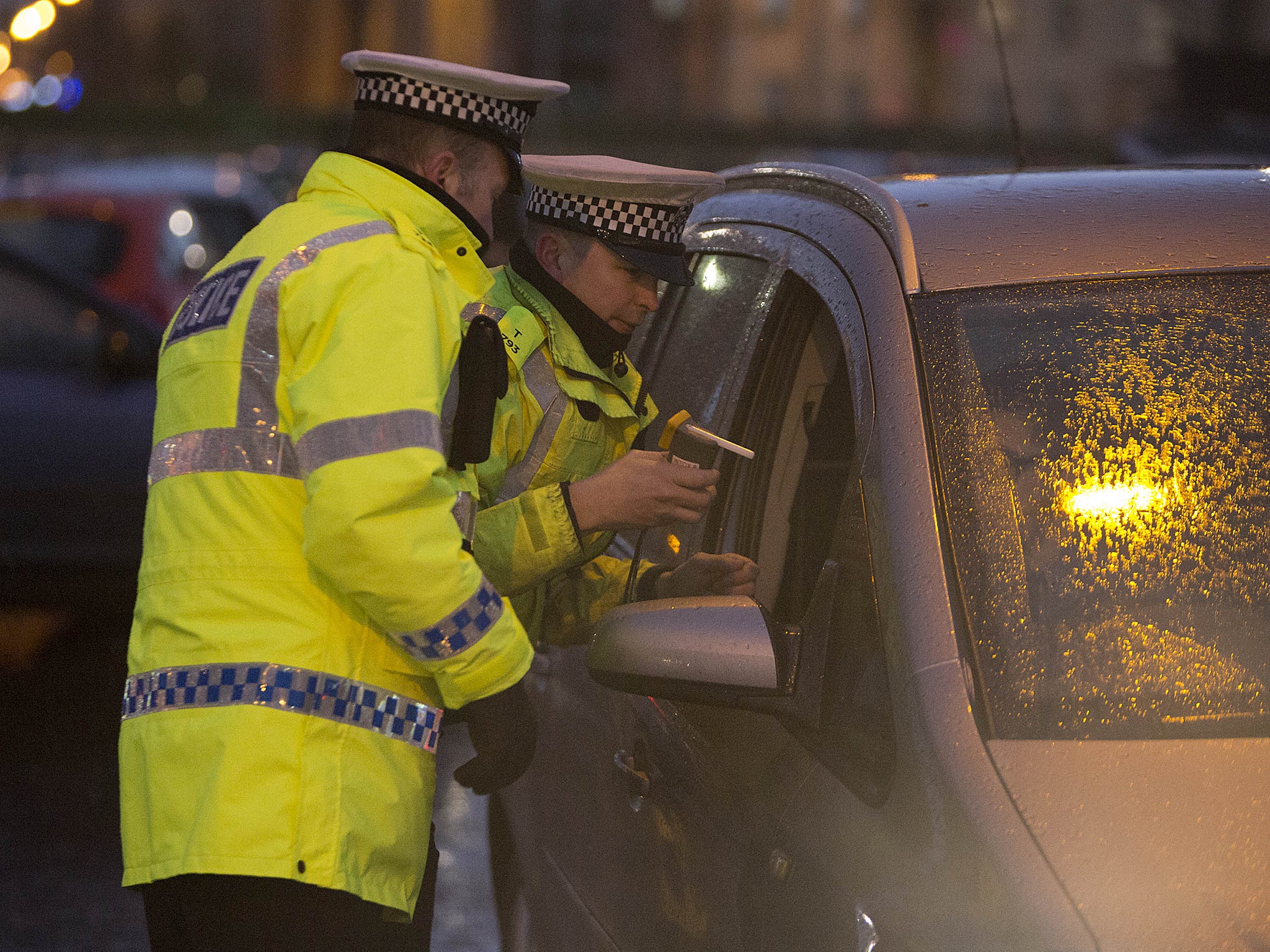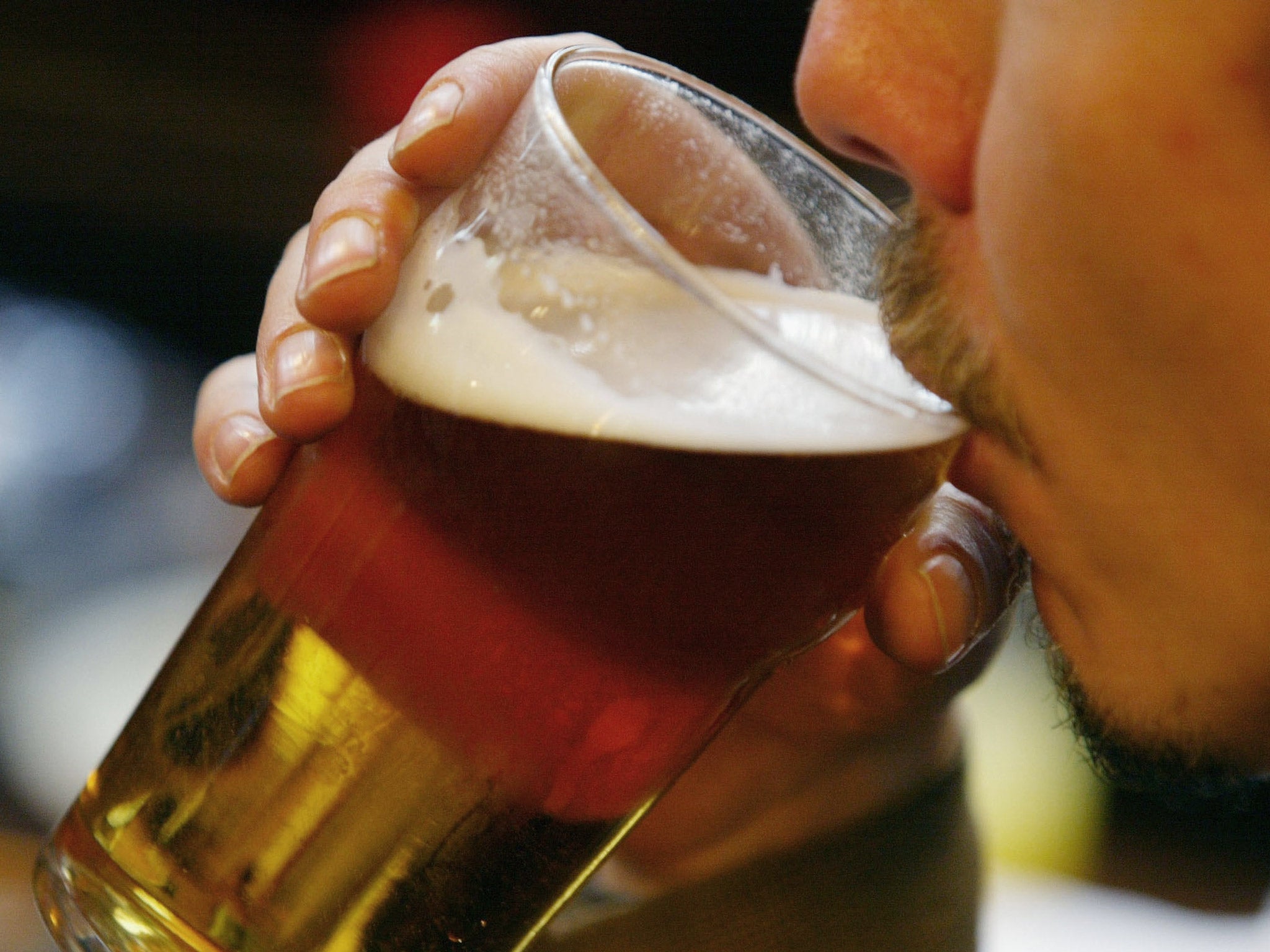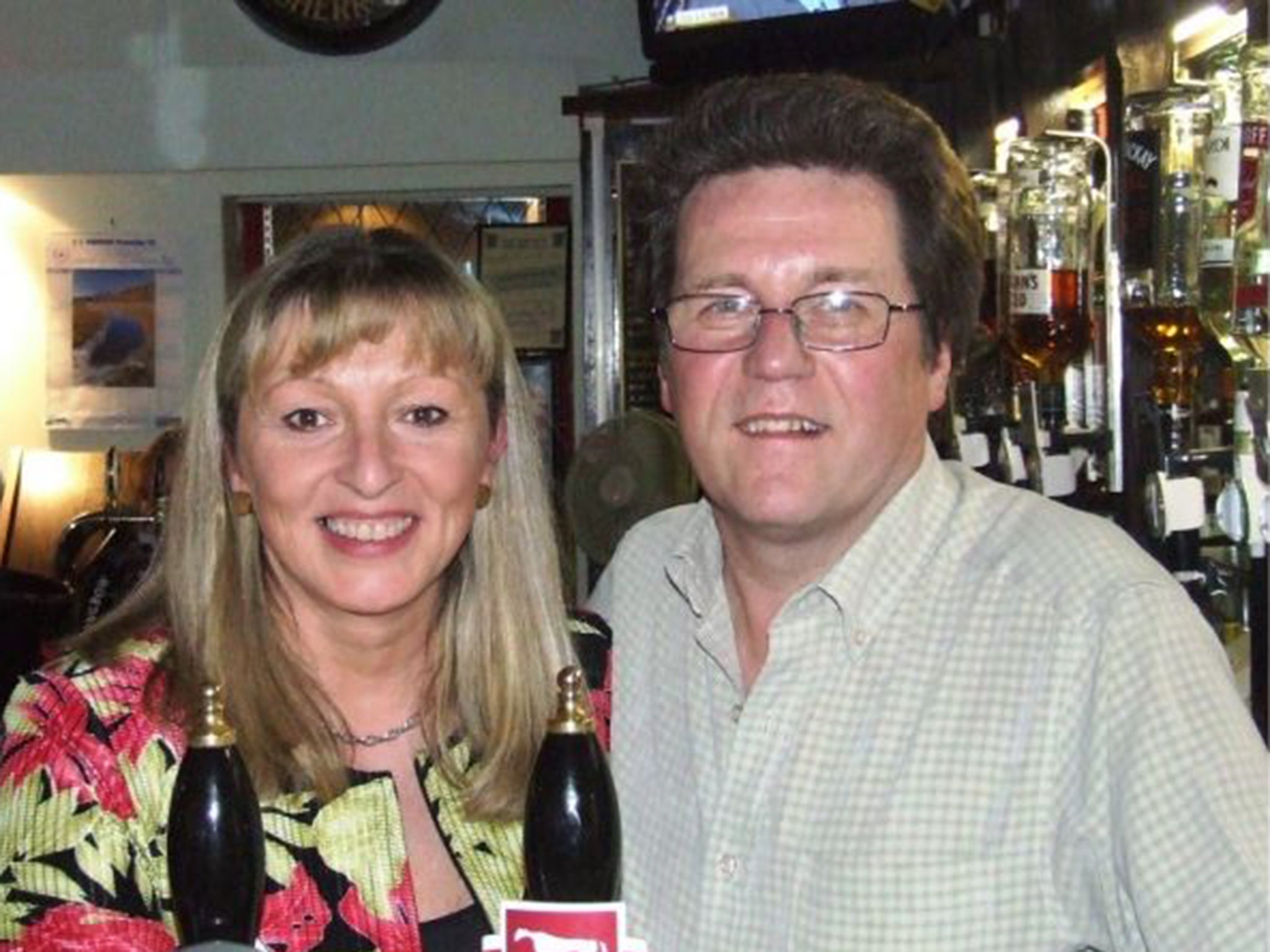Scotland's new drink-driving law is so successful it's damaging the economy, according to Bank of Scotland report
The new legislation reduced the legal alcohol limit for Scottish motorists from 80mg to 50mg

Your support helps us to tell the story
From reproductive rights to climate change to Big Tech, The Independent is on the ground when the story is developing. Whether it's investigating the financials of Elon Musk's pro-Trump PAC or producing our latest documentary, 'The A Word', which shines a light on the American women fighting for reproductive rights, we know how important it is to parse out the facts from the messaging.
At such a critical moment in US history, we need reporters on the ground. Your donation allows us to keep sending journalists to speak to both sides of the story.
The Independent is trusted by Americans across the entire political spectrum. And unlike many other quality news outlets, we choose not to lock Americans out of our reporting and analysis with paywalls. We believe quality journalism should be available to everyone, paid for by those who can afford it.
Your support makes all the difference.Scotland’s tough new drink-driving law is proving so successful at stopping people from indulging that it is damaging financial growth, according to one of the country’s top economists.
A Bank of Scotland report published yesterday said it had been a “poor month” for the private sector of the country’s economy. The bank’s chief economist, Donald MacRae, said the new drink-driving law was partly responsible as it had forced people to alter their drinking habits.
“Manufacturing exporters have been affected by the falling Euro, while services businesses in hospitality are seeing a changing pattern of spending resulting from the lowered alcohol limit while driving,” he said.
The new law, which came into force in December, reduced the legal alcohol limit for Scottish motorists from 80mg to 50mg in every 100ml of blood. Drivers have been warned that having “no alcohol at all” is the only way to ensure they stay within the limit – and to avoid planning car journeys for the morning after a night drinking.
In February, a survey of the hospitality sector suggested that Scottish businesses had seen bar sales drop by up to 60 per cent in the two months following the introduction of the new limit.
Paul Waterson, chief executive of the Scottish Licensed Trade Association, said the new law was so draconian that it amounted to “a form of prohibition” which attacked moderate drinking and frightened people into staying away from alcohol altogether.
“It’s stopped people having a drink at lunchtime, or having a drink on the way home from work. People aren’t coming in for food with their families on a Sunday afternoon,” he said.
“We feel it’s had an effect far worse than the smoking ban had in 2006. There’s questions being asked about the future of the trade – it’s probably the last nail in the coffin for independent operators.”
He added that while the Scottish Government had been able to reduce the drink-drive limit, it had not been able to introduce lighter penalties by Westminster, meaning that a driver with only residual alcohol in their bloodstream could still face a criminal record. “The penalties aren’t in line with the crime.”
Ray Lorimer, chair of the Scotland branch of the Institute of Hospitality, said that while the new law was affecting pubs and restaurants, some were “managing the change” by putting on social events during the day to attract new customers. “The smoking ban hurt the pubs, and now the drink-driving – so they’ve got to try and do something different,” he added.

Police Scotland said quarterly drink-driving statistics showing how many motorists have fallen foul of the new law would not be available until the Autumn. In the three weeks after it came into force, 255 people were found to be driving under the influence of drink or drugs compared to 348 a year earlier, a decrease of 27 per cent.
A Scottish Government spokesperson said the country was “leading the way across the UK” by introducing the new law. “Alcohol at any level impairs driving, which is why our message is if you’re driving, the best approach is none,” they added.
“We know that licensees do not wish to place their customers or other road users at risk, and if people act responsibly, for example by nominating a designed driver, this will help mitigate any impact on trade.
“We are determined to end the tragedy of deaths caused by drink driving, and if this new law saves one life, then it will be a success.”
Case study:
Lynn Adams, 56, has run The George Bar in Hamilton, South Lanarkshire for the last 24 years alongside her husband Colin.
“There’s definitely been a drop in business over the last few months. December, when the new law came in, is always a false time for the trade because you have the Christmas period anyway, but once we got into January and February we started to notice it.
We have customers coming into the bar dropping in from the way home from work, and they feel now that it’s not worth taking the chance. People are actually frightened. So we’ve lost our tea-time customers who would’ve popped in for a wee pint on their way home.

It also looks like people are coming out a bit earlier in the evening and leaving a bit sharper – they want to stop drinking earlier than they normally would, because they’re frightened of getting caught the next morning with alcohol still in their bloodstream. These are law-abiding citizens, but this new law is penalising them.
We had a lady in the other day who said she enjoyed nothing more than going out for lunch and having a glass of wine with it – but she just won’t do it now. So it’s affected lunchtime trade too.
I’m sure people will get used to it, just like they’ve got used to the smoking ban. What the Government can do I’m really not sure – maybe a sliding scale of fines and bans. Morally it’s right, we want our roads to be safe, that goes without saying. But it’s another issue for us to deal with on top of everything else that’s happened over the last few years.”
Join our commenting forum
Join thought-provoking conversations, follow other Independent readers and see their replies
Comments